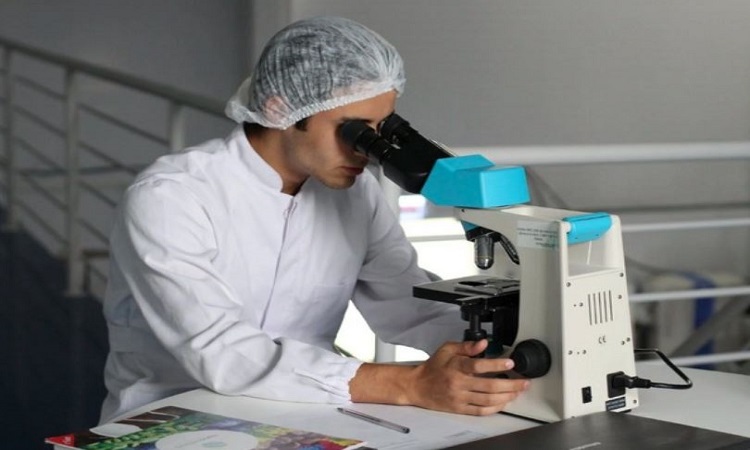
Washington: According to a study, hyperthyroidism therapy such as radioactive iodine or surgery was linked to a lower risk for mortality. The findings of the study presented at ENDO 2023, the Endocrine Society's annual meeting in Chicago.
"Hyperthyroidism or an overactive thyroid gland is common, affecting up to 3 per cent of the population, and is associated with long-term adverse cardiac and metabolic consequences. The optimal treatment choice remains unclear," said Kristien Boelaert, M.D., Ph.D., a professor of endocrinology from the University of Birmingham in the United Kingdom.
Boelaert and colleagues identified 55,318 patients with newly diagnosed hyperthyroidism, treated with antithyroid drugs (ATD; 77.6 per cent), radioiodine (14.6 per cent), or thyroidectomy (7.8%) from a U.K. population-based electronic health record database for the EGRET Study.
They examined all-cause mortality, major cardiovascular events (MACE: cardiovascular death, heart failure, or stroke), and post-treatment obesity. The average follow-up was roughly 12 years.
Those treated with antithyroid drugs had an estimated mean survival of 12 years, according to the data. Survival increased in those treated with radioiodine by 1.7 years and thyroidectomy by 1.1 years. People treated with antithyroid drugs had an estimated 10.2% risk of MACE, which significantly increased by an additional 1.3% with radioiodine but not with thyroidectomy.
These definitive treatments were associated with a significantly increased survival, despite a small increased risk for overall weight gain. For example, thyroidectomy was associated with an increased likelihood of obesity in both men and women. Radioiodine treatment led to increased obesity risk in women, but not in men.
"Our findings are important and will inform decision-making processes for patients and clinicians when considering optimal treatment options and are likely to impact clinical practice guidelines in the future," Boelaert said. (ANI)







